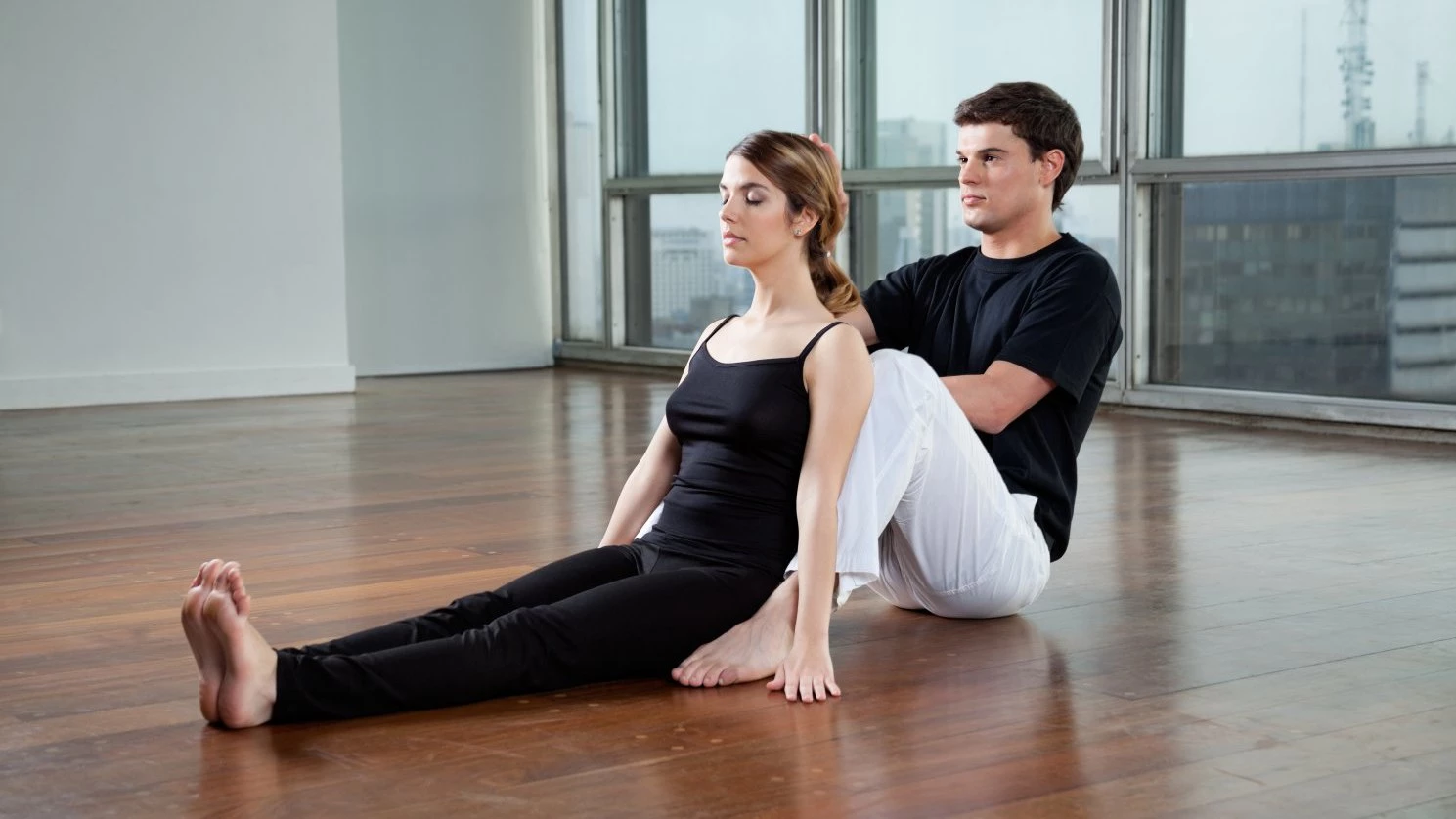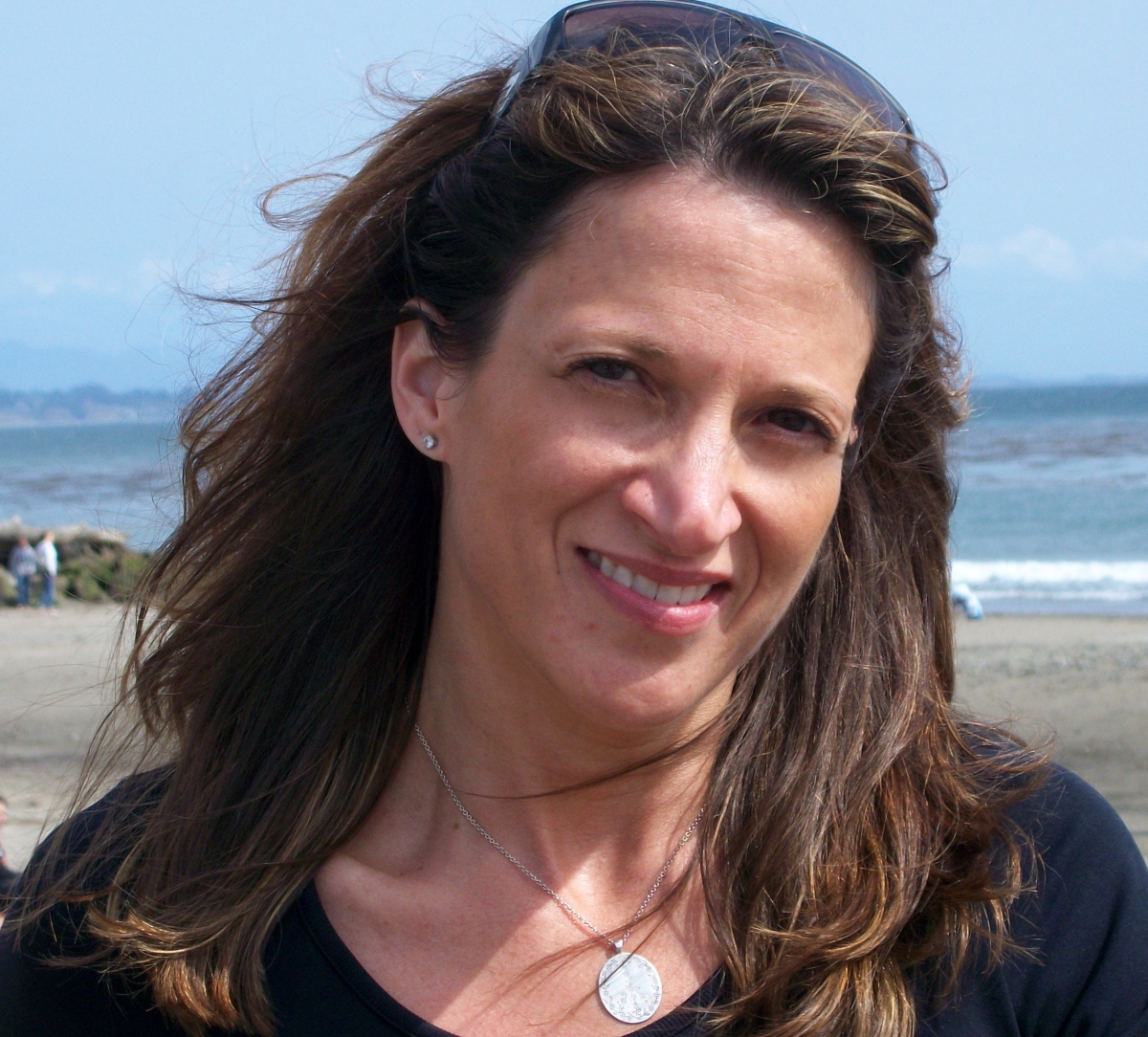Yoga May Help Reduce Stress in First Responders, Study Suggests

Crime dramas like NYPD Blue, Law & Order, and CSI often present a glamorous view of the life of police officers. Reality tells a different story, however. Many are faced with intense life and death decisions and extreme physical and psychological demands on a daily basis. Add to this administrative burdens and political pressures, and it is no wonder that many police officers and first responders struggle with the effects of overwhelming, chronic stress.
While many find ways to cope successfully, many do not. Many police officers suffer from depression, alcohol abuse and dependence, suicide, cardiovascular disease, and relationship and family violence, as the combination of occupational and personal tension takes its toll.
Yoga has been shown to be helpful for veterans suffering post-traumatic stress disorder (PTSD). Given the intense stress many law enforcement officers experience, can consistent yoga practice benefit them as well?
This was the question asked in a recent pilot study published in the International Journal of Yoga Therapy. While the study looked at police cadets in training, it may have wider implications for anyone dealing with a highly stressful employment situation.
“The intention was to give police trainees lifelong skills to deal with the stress of the job,” says study co-author Susan Cronin, a yoga instructor, and a retired Detective Lieutenant and 25-year veteran of the Massachusetts State Police Department.
A total of 39 police cadets opted to participate in the study, which included six, 75-minute yoga classes based on the Kripalu tradition. Each session included centering and meditation, a gentle warm up, standing, seated and supine poses, and restorative practices.
Clearly police cadets are not your typical yoga students. “[They] are accustomed to para military training with a “no pain, no gain” attitude,” Cronin explained. “The recruits would initially force their bodies into poses that were clearly painful. One recruit was in a knee down spinal twist moaning in pain. When asked, he announced he was “crushing his stuff” as he continued to hold the pose. I had to tell him to come away from the pose and turn it into a humorous teaching moment. Coming away from pain and listening to your body are not part of traditional police training,” she recalled.
The study participants completed an assessment protocol before and after the yoga program. Their scores revealed some interesting results. A significant number of participant showed lower rates of perceived stress and overall mood disturbance, and also reduced tension and anxiety, fatigue and inertia after the program. There was also a trend toward less anger and hostility.
Participants reported the practices to be beneficial, however some cadets preferred physical postures, while others appreciated the breathing exercises. Many indicated that the program was effective for relieving stress.
“Overall the group seemed to really enjoy the yoga program,” Cronin notes. “Using real life examples of how yoga can serve them throughout their careers is helpful in making a connection…Making decisions in a stressful situation from a place of calm, is beneficial to officers and the police department overall.”
As someone who served 25 years as a police officer, Cronin speaks from a great deal of experience.
“I think is that these cadets will be able to take the skills…out into the world,” says Pamela Jeter, PhD, Postdoctoral Research Fellow at Johns Hopkins University and the study’s lead author. “Minimally, the simple act of observing the breath could have profound effects for a police officer in the field.”
While teaching yoga to law enforcement professionals may appear counterintuitive, this pilot study suggests that highly stressed first responders may reap great benefits from practices designed to instill calm and cultivate mindful awareness. No matter what personal or professional obstacles that you face, yoga may be the key to developing healthy skills for coping with stress both on and off the job.
 B Grace Bullock, PhD, E-RYT 500 is a psychologist, research scientist, educator, author, yoga and mindfulness expert and creator ofBREATHE: 7 Skills for Mindful Relationships. Her mission is to reduce stress, increase health and wellbeing and improve the quality of relationships. She offers classes, workshops, writing and research that combine the wisdom of applied neuroscience, psychophysiology, psychology and contemplative science and practice. Her goal is to empower individuals, groups, leaders and organizations to reduce chronic stress and increase awareness, attention, compassion, mindfulness and effective communication to strengthen relationships, release dysfunctional patterns and unlock new and healthy ways of being. Dr. Bullock is a Certified Viniyoga Therapist and Faculty at the Integrated Health Yoga Therapy (IHYT) Training program. She is the former Senior Research Scientist at the Mind & Life Institute and former Editor-in-Chief of the International Journal of Yoga Therapy. For more information see www.bgracebullock.com
B Grace Bullock, PhD, E-RYT 500 is a psychologist, research scientist, educator, author, yoga and mindfulness expert and creator ofBREATHE: 7 Skills for Mindful Relationships. Her mission is to reduce stress, increase health and wellbeing and improve the quality of relationships. She offers classes, workshops, writing and research that combine the wisdom of applied neuroscience, psychophysiology, psychology and contemplative science and practice. Her goal is to empower individuals, groups, leaders and organizations to reduce chronic stress and increase awareness, attention, compassion, mindfulness and effective communication to strengthen relationships, release dysfunctional patterns and unlock new and healthy ways of being. Dr. Bullock is a Certified Viniyoga Therapist and Faculty at the Integrated Health Yoga Therapy (IHYT) Training program. She is the former Senior Research Scientist at the Mind & Life Institute and former Editor-in-Chief of the International Journal of Yoga Therapy. For more information see www.bgracebullock.com



